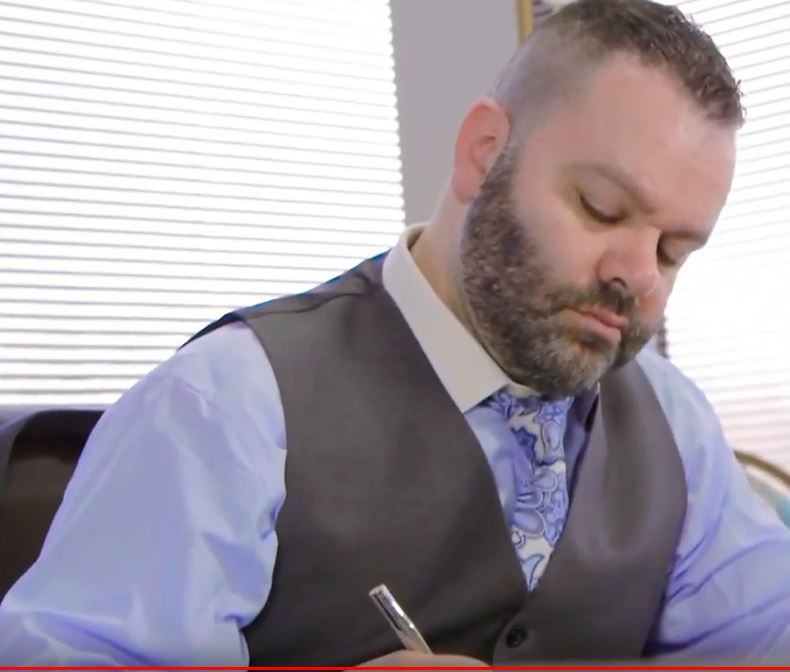Maryland DUI Stops

Maryland DUI stops are very systematic. Law enforcement are taught the National Highway Transportation Safety Administration (NHTSA) regulations and they must comply to these standards. For example, in the first part of a DUI, which generally comes in four phases, the vehicle is in motion. This is determined and defined by the regulation. For more information on the DUI stop process, refer to an experienced attorney.
Role of an Officer in a DUI Stop
Officers are very familiar with the NHTSA model, but there are also certain Maryland rules to follow. Officers observe the vehicles closely, looking for suspicions about the car. Did it veer off lanes? Did it back up and out of an exit or go opposite a one-way? These are significant actions that may cause an officer to pull over a vehicle and inspect a person for a DUI.
If a person violates the Transportation Article in any way, an officer has the right to stop the vehicle and give the person a ticket. Every DUI stop starts off as a ticket matter, a driving issue that an officer can give a ticket for violating the transportation articles. However, there are two exceptions to that. One is if an officer is responding to an accident and the other would be a driver wellness check or following up on a report of an erratic driver. These are the first steps in a Maryland DUI stop.
DUI Stop Process in Maryland
An officer observing the vehicle in motion is phase one. Phase two begins the DUI process. That is when the officer has their first contact with the driver. There has to be a driver and a driver does not literally mean that the person is driving a car. The keys in the ignition could constitute as driving as well.
During phase two, the officer will also inspect any odors emitting from the vehicle. An officer will look for alcohol, marijuana, or any other distinct odors. They will also inspect the person for signs of intoxication like bloodshot or watery eyes, slurred or stammered speech, and delayed cognitive responses. Then, they will ask the person for license and registration.
Further Steps in Inspecting Intoxication
If the person cannot find their registration or they fumble with the papers, that is another sign that they may be intoxicated. To reiterate, an officer looks for both cognitive and physical responses from a person.
Of course, it is not illegal to smell like alcohol. Having bloodshot eyes and stammered speech is also not illegal. However, these are clues of intoxication that the officer is trained to look. If they observe these factors, an officer may have reasonable suspicion to conduct field sobriety tests on an individual. They will also ask a series of questions, like where the individual was, have they been drinking, where are they going, et cetera. A person should stay vigilant during the process. The Maryland DUI stop is an aspect that can be challenged in court if the officer does not comply with the rules and regulations they are trained to comply to. Contact a proficient attorney to learn more about Maryland DUI stops.
